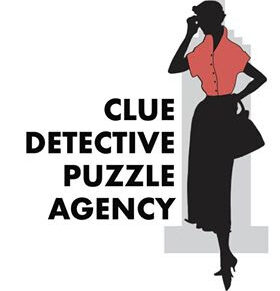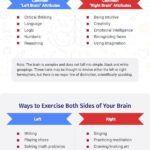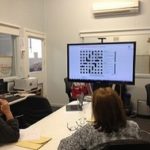Training brains for mental health
Training brains for mental health using puzzling can be a wonderful tool for engaging the brain, and managing mental ill-health episodes. Its mission is to showcase how puzzling can assist those experiencing anxiety . All it takes is training and practice.
Solve a Clue Detective puzzle
Learning to understand the problem
If a sufferer begins to feel unwell, they can respond in a positive way by reaching for a puzzle to focus on until the anxiety has passed. However, sometimes it’s not that simple. If it has got to the point the sufferer cannot effectively act for themselves, their friend/family members need to be able to step in. We all need to be educated about how we can help manage a mental ill-health episode. This is how we create awareness and stamp out the stigma of mental illness The earlier we start the better. Research shows that 50% of mental disorders across all age groups have their onset by the age of 14 years. Stigma is based on fear, and what is most important is about learning to understand the situation to know how you can help.
Giving mental health first aid using puzzles
It is vital that we all know how to administer mental health first aid. It is no different than giving an asthmatic their inhaler or a diabetic jelly beans. In the case of a person with anxiety it’s about creating a diversion, and is as easy as finding them a favourite, relaxing activity. A (crossword or sudoku) puzzle is perfect. Actively focusing on it will help them to take their mind off their problem in a helpful and enjoyable way. Sitting them down quietly, making them a soothing cuppa and then have fun solving a puzzle is an effective way to manage the episode.
Create a puzzling hub
Clue Detective works with (school and public) libraries and companies to become involved in this endeavour by promoting the puzzling for mental health to their patrons and employees. Clue Detective has developed the CUSP (Catch up with Friends to Solve Puzzles) Principle. It is about creating a place of refuge and sanctuary for all, and particularly are those who are struggling with mental health issues. Meeting friends to solve engaging and absorbing puzzles is an ideal diversion tactic for keeping (anxiety and other) symptoms at bay.
Puzzlers can access their favourite brainteaser on their device from wherever they are all year round, 24/7. They can do this in the library, their workplace, at home, in a café while enjoying a coffee, standing a platform waiting for a train, or in a park enjoying some fresh air. They can be a very important part of a person’s daily health and wellbeing routine; very soon it becomes second nature.
Activities, such as a regular puzzle club can be run in the library or the staff room to encourage people to venture out, take a break and meet and make new friends. Experiencing stress in life is inevitable; it’s just a question of how to manage it.





